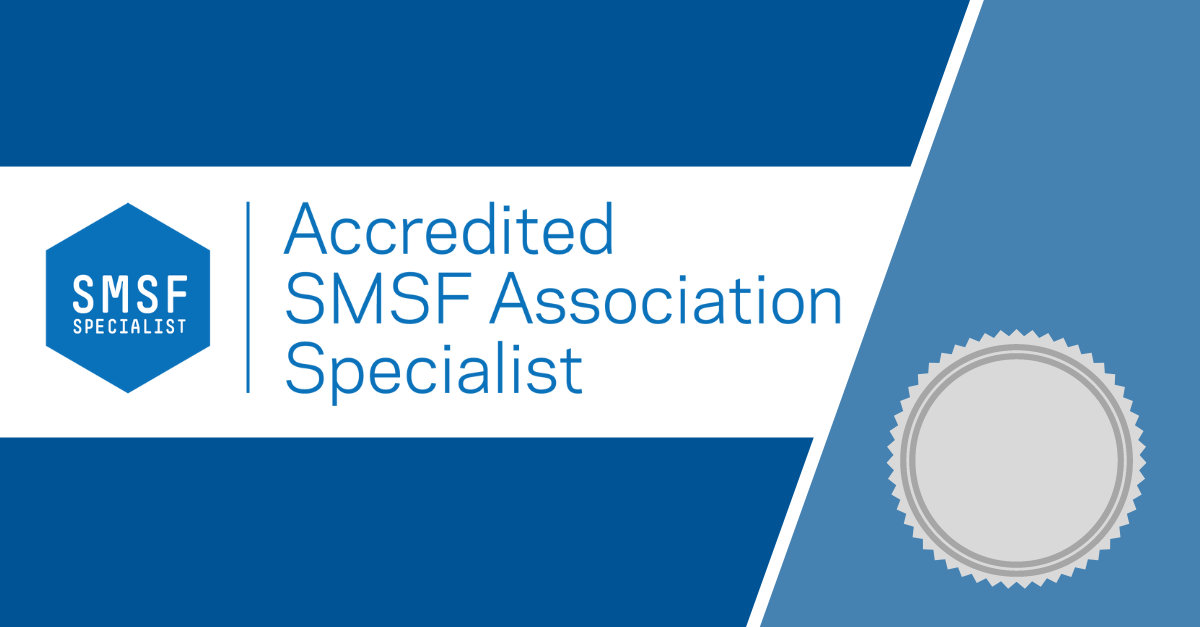Self Managed Super Funds (SMSF) on the Central Coast
Professional Team
Wide Service Range
Customer Service-focused
Assisting With Setup & Management
Dynamic Accounting Taxation Advisors offers comprehensive Self Managed Super Fund (SMSF) services for individuals in Gosford, Erina, Bateau Bay, Lisarow, The Entrance, Woy Woy, Wamberal, Kincumber and surrounding Central Coast areas.
We can assist with SMSF setup, compliance and management, designed to empower clients to take control of their retirement savings. Our team can provide guidance on developing tailored investment strategies, helping clients meet their retirement goals while adhering to ATO regulations.
With a focus on compliance and strategic planning, we aim to ensure that managing an SMSF is efficient and rewarding. Contact us on (02) 4385 7365 to discuss how we can support your SMSF needs.
How We Can Help
Setting up and managing a SMSF with an accountant like Dynamic Accounting Taxation Advisors involves several important steps.
Accountants can assist with SMSF setup by guiding you through legal requirements, structuring the fund and registering with the Australian Taxation Office (ATO). We can also help create a compliant investment strategy tailored to your retirement goals.
For ongoing management, accountants may handle administrative tasks, financial reporting and annual audits.
With professional support, SMSF trustees can focus on investment decisions with confidence, potentially reducing the risks associated with SMSF ownership.
Frequently Asked Questions
What is a Self-Managed Super Fund (SMSF), and how does it work?
A Self-Managed Super Fund (SMSF) is a type of superannuation fund in Australia that allows individuals to manage their own retirement savings. Unlike other super funds managed by financial institutions, an SMSF is controlled by its members, who also act as trustees, giving them full control over investment decisions.
Members can invest in a range of assets, including shares, property and term deposits, but they must comply with strict regulations set by the Australian Taxation Office (ATO). SMSFs can offer flexibility, but they require time and a strong commitment to manage properly, as trustees are personally responsible for compliance.
What are the benefits of having an SMSF?
One of the main benefits of an SMSF is the control it offers over investment choices. Members can tailor investments to suit their retirement goals, from property and shares to other managed assets. SMSFs can also offer tax advantages, as trustees can manage the fund’s tax position more directly than in a typical super fund.
Additionally, SMSFs can allow members to pool their funds with up to five members (usually family), creating potential cost savings and investment opportunities. However, an SMSF requires significant responsibility, time and compliance management, so it’s important for individuals to assess whether they are ready for the demands of self-management.
What are the costs and responsibilities involved in managing an SMSF?
Managing an SMSF often involves various costs, including setup fees, ongoing administration fees, annual audit fees and potential investment expenses.
Additionally, trustees have several legal responsibilities, such as keeping records, preparing financial statements, lodging annual returns and helping to ensure the fund complies with superannuation laws.
The ATO requires SMSFs to be audited each year by an approved SMSF auditor. Trustees must also keep thorough records and aim to ensure all investments align with the fund’s investment strategy. Given these costs and responsibilities, SMSFs may be more suitable for individuals with significant super balances who are ready to dedicate time and resources to managing the fund.
What are the risks of managing an SMSF?
SMSFs come with a range of responsibilities, and trustees must be prepared for the risks involved. Investment decisions made within an SMSF are the responsibility of its members, meaning there is no third-party management. Poor investment choices or market volatility can impact the fund’s performance, potentially affecting retirement savings.
Additionally, trustees must stay informed about complex and evolving regulations; non-compliance can result in penalties or loss of tax benefits. The time and effort required to manage an SMSF may not suit everyone, so it’s important to consider the risks and seek professional guidance if necessary to help maintain compliance and secure financial outcomes.










